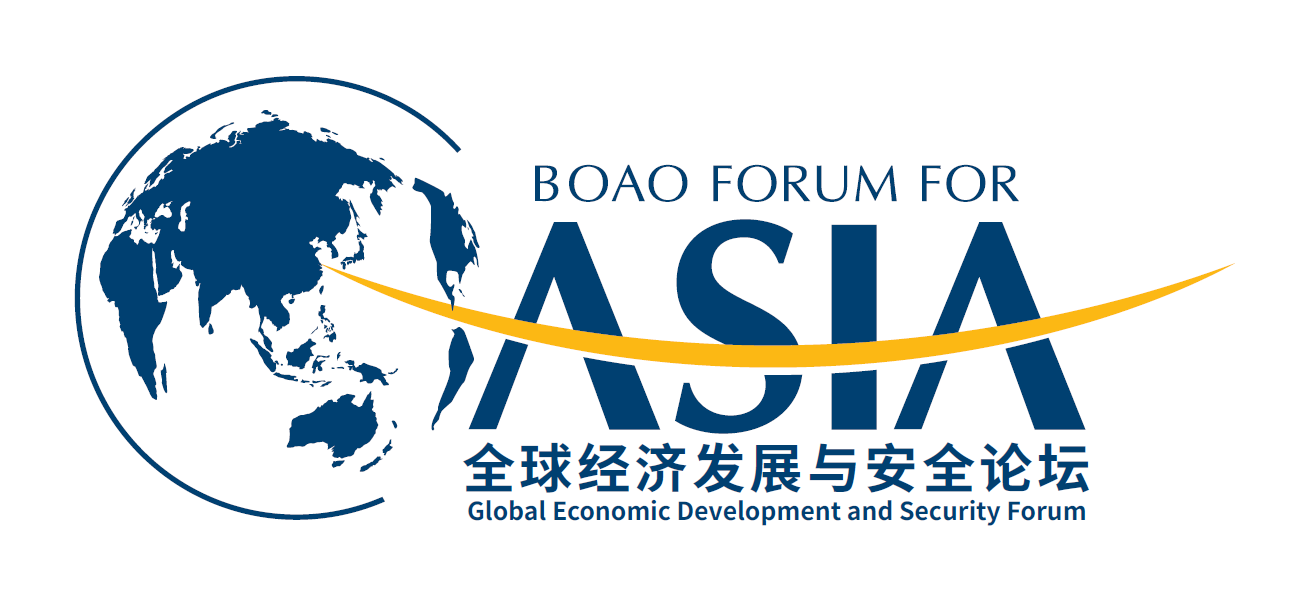Concepts of inclusive growth, common development receive positive reaction
President Xi Jinping’s emphasis on more inclusive growth and common development for a community with a shared future for mankind resonates with the needs of all people in the world in addressing today’s global challenges, according to analysts.
Xi’s speech, delivered in the same week the global population reached 8 billion people, laid out a vision for the world as a community of collective destiny, said Gal Luft, co-director of the United States-based Institute for the Analysis of Global Security.
“It transcended political and regional divisions and stayed above the flashpoints and crises du jour,” he said.
“In this, it is an evergreen speech which could be given years from now with a similar degree of relevancy as today’s.”
Luft noted that Xi was not in favor of those building “a small yard with high fences” to protect themselves and advocated instead a tide-lifts-all-boats approach to global development.
“Needless to say which approach resonated more with the multiple Global South representatives present in the room,” he said.
Airlangga Hartarto, Indonesian Coordinating Minister for Economic Affairs, appreciated Xi’s proposals on digital economy among others. Xi said China has proposed G20 Action on Digital Innovation and Cooperation, and called for narrowing the digital gap.
The digitalization is in line with Indonesia’s focus on digital transformation for stronger recovery, he said at a news briefing.
He said that it is also in line with Indonesia’s chairmanship of ASEAN in 2023, which will include an economic framework compatible with the digital plans of China.
Irvan Tengku Harja, a researcher at the Indonesian think tank Prakasa, and a delegate to Civil 20 Indonesia 2022 in Bali, noted that three main points promoted by Xi could be cures for the world’s major problems today.
Global economic uncertainties because of conflict among other factors “are having an impact on the international community, especially low-income countries. If the energy and food prices go higher, causing higher inflation, the poor and vulnerable citizens like women, the elderly, persons with disabilities, informal workers and so on will hurt”, he said.
Xi said in his speech that all G20 members should take responsibility to make global development more inclusive, beneficial to all and more resilient. And countries should oppose attempts to politicize food and energy issues.
To realize Xi’s ideas “G20 members should pay more attention to low-income countries”, Irvan said.
Carlos Martinez, a British commentator and co-editor of Friends of Socialist China, said that it’s noteworthy that the G20 Summit takes place at the same time as COP27 in Egypt, where developing countries are loudly raising their demands for climate justice.
“In his G20 speech, Xi Jinping added his voice to those demands, reiterating the principle of common but differentiated responsibilities — a principle enshrined in international law,” Martinez said.
He said that China is already working with a large number of Global South countries on green development projects, including Zambia, South Africa, Kenya, Argentina and Cuba. “Indeed, the latest statistics reveal that while the US spends three times as much as China on its military, China has three times more renewable energy generation capacity than the US.”
Yosuke Tsuyuguchi, an economics professor at Teikyo University in Japan, said the Global Development Initiative proposed by Xi is in fact being realized gradually and its specific measures are worthy of high praise.
“Xi said global development would be impossible without a peaceful and stable international environment. Not only in terms of facilitating the common development and progress of all countries, but also in terms of maintaining stable and resilient supply chains, China itself is working hard toward these initiatives, it is also deserving commendation,” Tsuyuguchi added.
Sisilia Nurmala Dewi, managing director for Asia at environmental group 350.org, agreed with Xi’s conception that modernization is the right of every country.
“But modernization means nothing on a dead planet. We need to transition to renewables now,” she said, adding that just energy transition is something that world leaders know ought to happen.
She noted that Xi made a strong pledge last year on China’s phasing down coal. G20 countries should not backslide from the Paris Agreement pledge because of the current geopolitical tension, as for tackling the climate crisis, it is the survival of the human race that’s at stake, she said.
(Source: Chinadaily)
